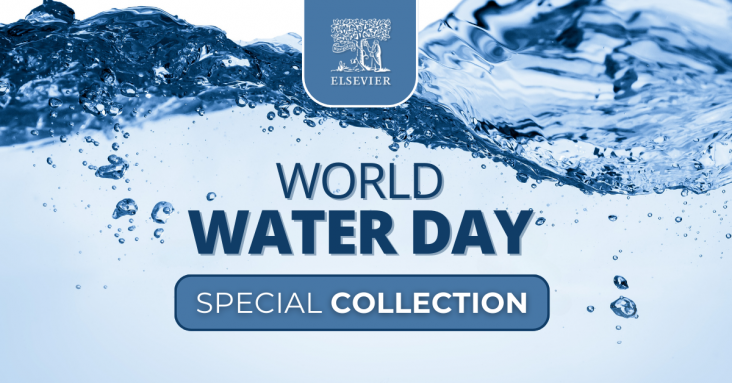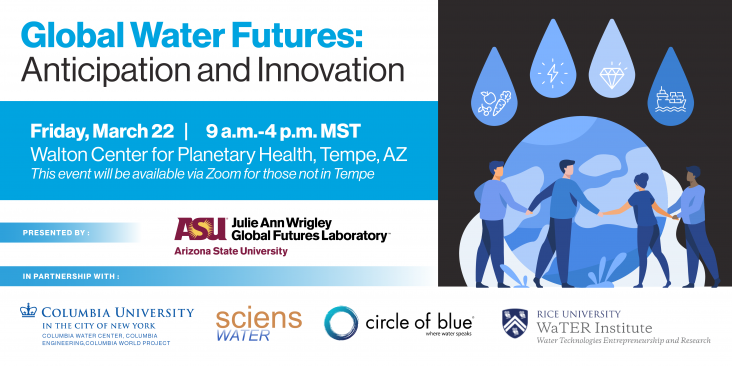
Every year, World Water Day raises awareness and inspires action to tackle the water and sanitation crisis. To mark World Water Day 2024, Elsevier has curated a free special collection of journal
Julian K. Trick, Marianne Stuart, Shaun Reeder,
Chapter 3 - Contaminated groundwater sampling and quality control of water analyses,
Editor(s): Benedetto De Vivo, Harvey E. Belkin, Annamaria Lima,
Environmental Geochemistry (Third Edition), Elsevier, 2024, Pages 35-62, ISBN 9780443138010
Kidney International Reports, 2024, ISSN 2468-0249, https://doi.org/10.1016/j.ekir.2024.02.014
Measurement: Journal of the International Measurement Confederation, Volume 226, 28 February 2024


